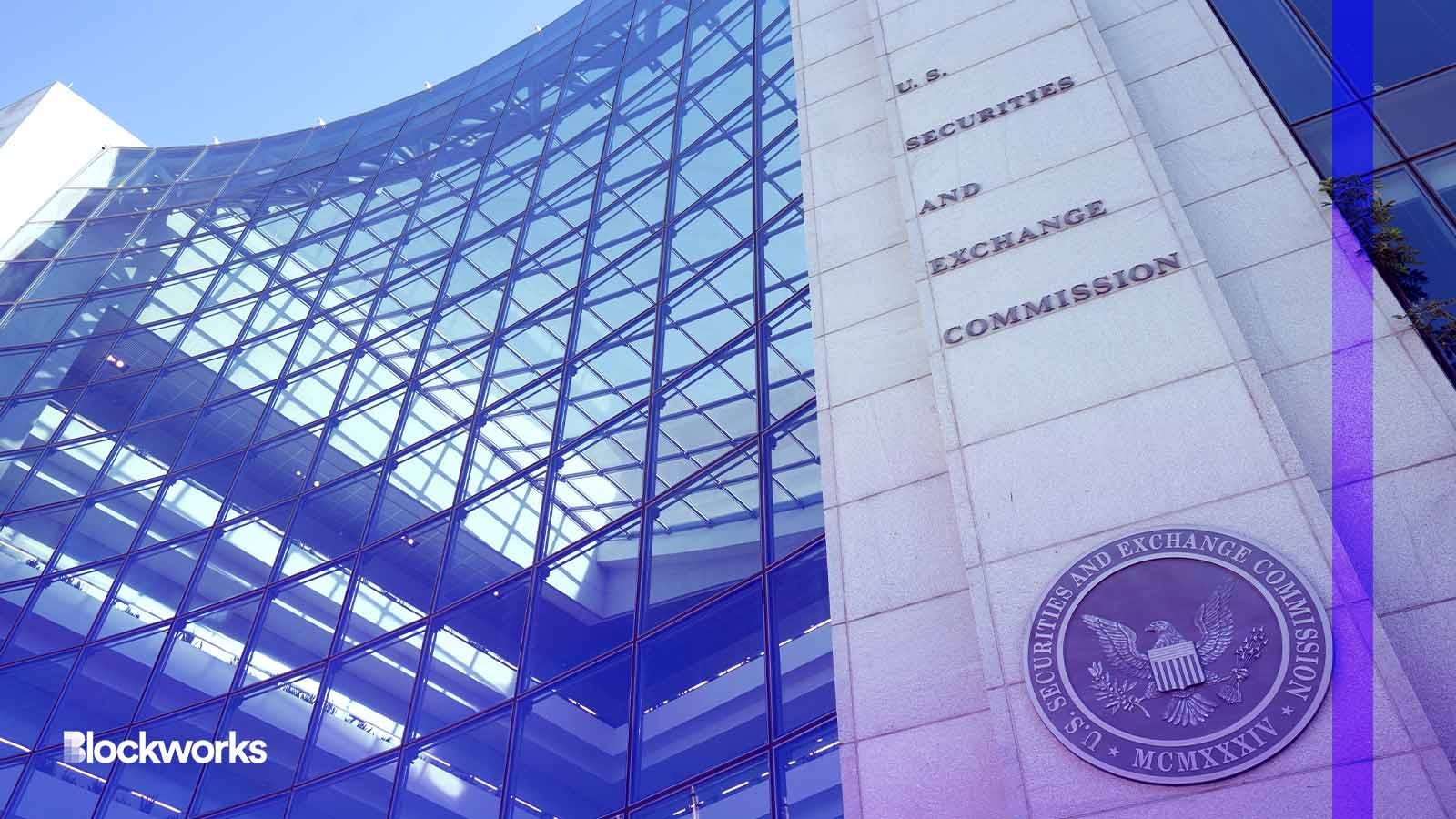After Ripple ruling, SEC slips in charges against Quantstamp
The blockchain security company settled the alleged securities violations stemming from its 2017 initial coin offering without admitting to, or denying, the SEC’s findings

Tada Images/Shutterstock modified by Blockworks
Just days after a judge ruled on the years-long case involving SEC and Ripple, the regulator hit a blockchain security company with charges of alleged violations going back six years.
The SEC charged Quantstamp with conducting an unregistered initial coin offering (ICO) of crypto securities in 2017, according to a July 21 cease-and-desist order.
Quantstamp allegedly raised more than $28 million by selling QSP tokens to roughly 5,000 investors, according to the legal documents. The company had planned to use the ICO proceeds to develop a protocol on the Ethereum blockchain that would provide automated security audits of smart contracts, it added.
A spokesperson for Quantstamp did not immediately return a request for comment.
The firm allegedly led QSP purchasers to expect the tokens’ value to increase with the success of Quantstamp’s enterprise. It took steps to make the tokens available for trading on third-party digital asset trading platforms after the ICO, the SEC said in a news release last week.
Quantstamp claimed that the unregistered sales of QSP were exempt, but “failed to qualify for any exemption to registration,” the SEC said in a news release last week.
It agreed to settle the charges without admitting or denying the SEC’s findings — paying nearly $2.5 million in disgorgement and prejudgment interest in addition to a $1 million civil penalty.
The settlement came about a week after a US district judge made a long-awaited ruling on SEC allegations that Ripple’s sale of its XRP token was an unregistered security offering.
The Howey test — named for the 1946 case SEC v. W.J. Howey Co. — is used to assess whether a transaction is an investment contract, and therefore a security, under federal law. Part of the test is whether a purchaser has “a reasonable expectation of profits to be derived from the efforts of others.”
The court found that while XRP is not a security when traded on exchanges, institutional sales of the asset constitute an unregistered securities offering.
Read more: Exchanges rush to relist XRP, but an SEC appeal is possible
The judge noted that “reasonable investors…in the position of the institutional buyers, would have purchased XRP with the expectation that they would derive profits from Ripple’s efforts.”
The SEC said in its claims against Quantstamp that QSP purchasers “reasonably expected to profit from Quantstamp’s efforts.”
“Quantstamp indicated that the protocol it planned to develop would be lucrative because ‘the potential costs of smart contract failures will also grow,’” the cease-and-desist order states.
The company’s automated smart contract security auditing platform, completed in June 2019, is no longer in operation.
Get the news in your inbox. Explore Blockworks newsletters:
- The Breakdown: Decoding crypto and the markets. Daily.
- 0xResearch: Alpha in your inbox. Think like an analyst.






